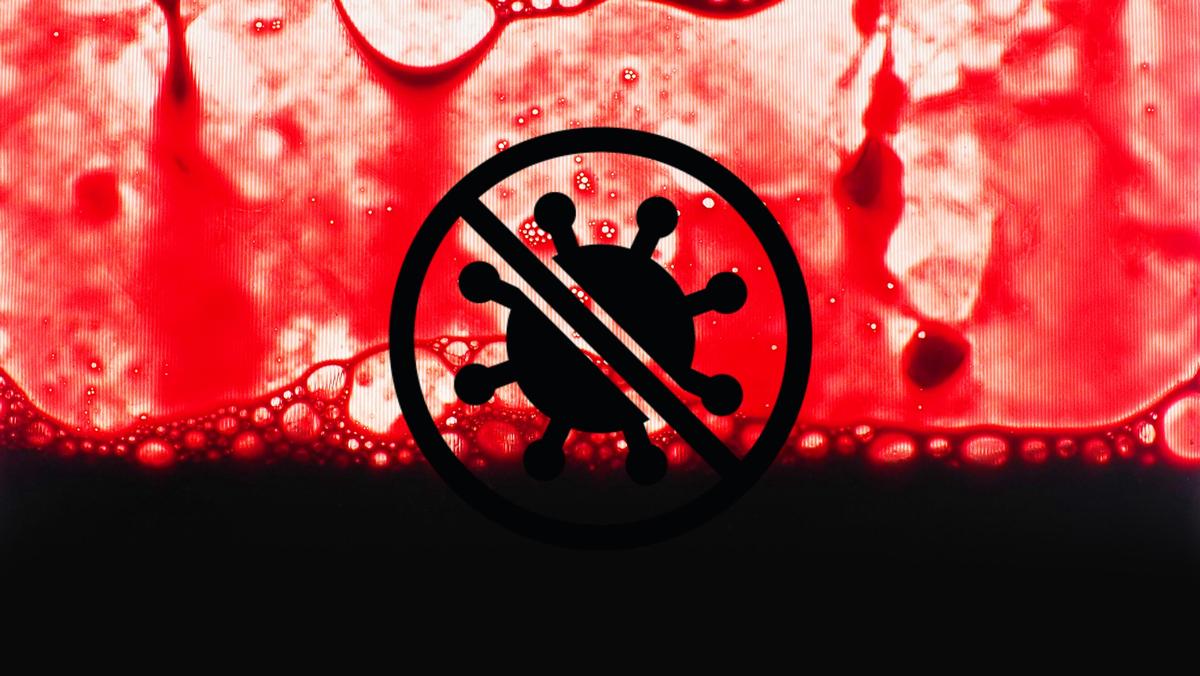
blood transfusion
photo credit // gopride.com
Not definitive but may focus researchers toward an ultimate cure
A specific process has cured a woman of HIV. She is now the third person ever to be cured of the virus that can potentially cause AIDS. Others have numbered her as the fourth, as another man's condition is currently under review.
This has become a spark of hope for more than 38 million people living with HIV around the world.
The breakthrough was presented at the Conference on Retroviruses and Opportunistic Infections (CROI) being held in Denver, Colo. this week.
San Francisco-based CROI has featured studies on HIV/AIDS since 1993.
While the novel treatment is being studied, it is by no means a definitive way of curing HIV for other people. But it is a significant breakthrough that can focus research toward the ultimate answers to curing not only HIV, but also cancer.
The subject of the cure remains anonymous except that she is a woman of mixed race who is fighting leukemia, a deadly blood cancer.
She received partially-matched umbilical cord blood to treat her leukemia, stabilized with matched blood from a relative.
The treatment for her leukemia ended up curing her HIV.
Two persons previously cured of HIV received a different treatment through bone marrow transplants using stem cells.
Bone marrow transplants are restrictive as they can only be transplanted from a perfectly matched donor.
According to Be the Match, the national bone marrow registry, white persons have a higher rate of finding matches for bone marrow than people of color. The lack of donors from people of color potentially shuts out non-white persons from being cured.
Using blood from umbilical cords, which is more readily available, opens the door to a cure for all races and ethnicities.
While there is no definite cure for HIV, it can be controlled using drugs.
Most persons who use current HIV prescriptions get there viral loads lowered to undetectable levels.
According to Jim Pickett of AIDS Foundation of Chicago, undetectable means a person will not transmit HIV to others.
Persons at high risk of HIV infection can prevent infection with drugs called pre-exposure prophylaxis (PrEP). Currently on the market are Truvada and Descovy.
Many major health insurers cover PrEP.
The State of Illinois has a program called PrEP4Illinois which provides financial assistance to obtain PrEP.
This has become a spark of hope for more than 38 million people living with HIV around the world.
The breakthrough was presented at the Conference on Retroviruses and Opportunistic Infections (CROI) being held in Denver, Colo. this week.
San Francisco-based CROI has featured studies on HIV/AIDS since 1993.
While the novel treatment is being studied, it is by no means a definitive way of curing HIV for other people. But it is a significant breakthrough that can focus research toward the ultimate answers to curing not only HIV, but also cancer.
The subject of the cure remains anonymous except that she is a woman of mixed race who is fighting leukemia, a deadly blood cancer.
She received partially-matched umbilical cord blood to treat her leukemia, stabilized with matched blood from a relative.
The treatment for her leukemia ended up curing her HIV.
Two persons previously cured of HIV received a different treatment through bone marrow transplants using stem cells.
Bone marrow transplants are restrictive as they can only be transplanted from a perfectly matched donor.
According to Be the Match, the national bone marrow registry, white persons have a higher rate of finding matches for bone marrow than people of color. The lack of donors from people of color potentially shuts out non-white persons from being cured.
Using blood from umbilical cords, which is more readily available, opens the door to a cure for all races and ethnicities.
While there is no definite cure for HIV, it can be controlled using drugs.
Most persons who use current HIV prescriptions get there viral loads lowered to undetectable levels.
According to Jim Pickett of AIDS Foundation of Chicago, undetectable means a person will not transmit HIV to others.
Persons at high risk of HIV infection can prevent infection with drugs called pre-exposure prophylaxis (PrEP). Currently on the market are Truvada and Descovy.
Many major health insurers cover PrEP.
The State of Illinois has a program called PrEP4Illinois which provides financial assistance to obtain PrEP.






